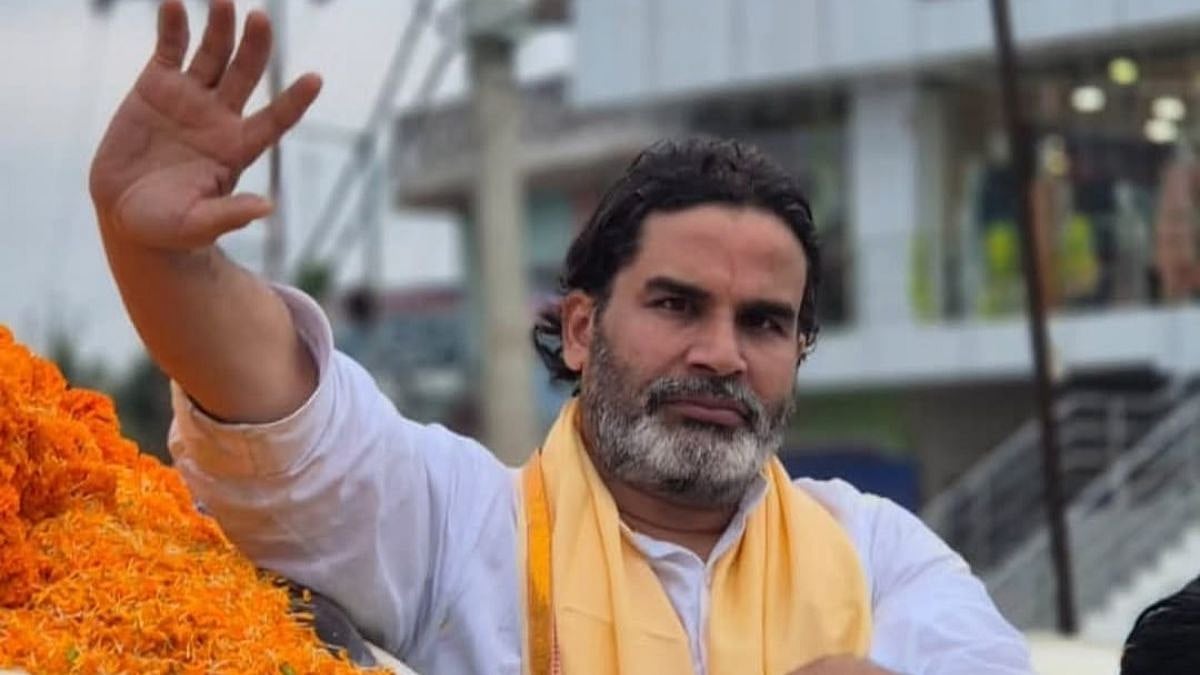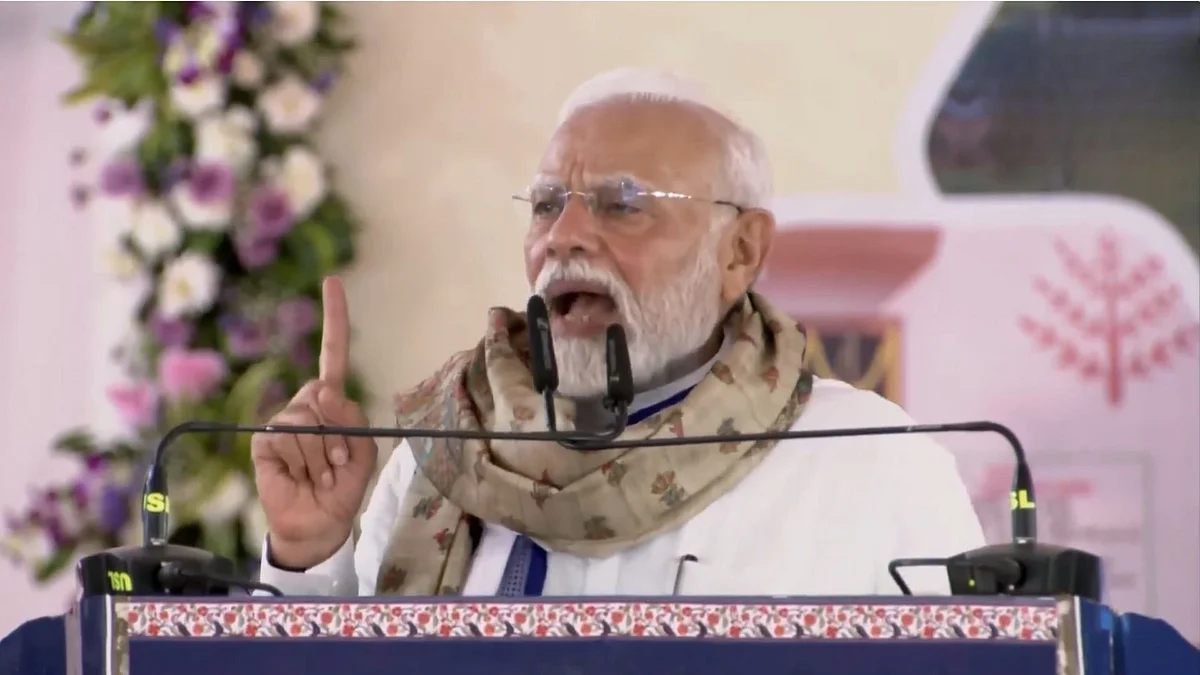In the life of an individual, entering one’s 70s often symbolises a time for reflection, introspection, and the twilight of one's journey. In contrast, for a nation, this age can represent the pinnacle of youth, a period filled with energy, innovation, and potential. But it isn’t all smooth sailing; there are a fair few external, ecosystem, and internal challenges that India will have to navigate carefully to remain relatively unscathed in a tumultuous world.
In its 75th year as a republic, India finds itself in a world where the geopolitical landscape is more volatile than ever. The ongoing Ukraine War has not only reshaped Europe's security architecture but has also sent ripples across the globe, affecting energy markets and international relations. India, caught between a rock and a hard place, has to balance strategic autonomy and global alliances, especially in terms of its energy needs and diplomatic relations.
Simultaneously, an increasingly assertive China poses distinct challenges. From border tensions in the Himalayas to China's expanding influence in the Indian Ocean and Indo-Pacific region, India is compelled to reassess its defence strategies and regional partnerships. The China factor also intertwines with broader tensions between America and China, where trade disputes, technological rivalry, and military posturing dominate the narrative. Additionally, the threat of an increasingly unstable Pakistan — equipped with nuclear weapons — descending into chaos looms.
Furthermore, the perennial conflict between Israel and Palestine continues to influence India's diplomatic balancing act in the Middle East. With strong ties to both Israel and several Arab nations, India's position often reflects its commitment to strategic interests and historical principles.
Adding to this complexity is the cooling of EU-America relations, which began during the Trump era and has not fully recovered its former closeness. Predominantly, there are discords over trade policies, laws curbing big tech, defence spending and approaches to global crises. For India, this adds another layer of diplomatic nuance as it navigates these transatlantic dynamics while fostering individual relations with European nations and the United States.
These underlying conflicts depress investments and slow down trade. While India is strengthening economic ties and diversifying its energy portfolio, it remains vulnerable to the vagaries of international conflict and its impact on the economy.
As India marks its 75th Republic Day, it grapples with the stark realities of climate change. The country has experienced a sharp rise in average temperatures. According to the India Meteorological Department, the average temperature has increased by approximately 0.7°C between 1901 and 2018. This trend heightens the frequency and severity of heatwaves, adversely affecting both rural and urban areas.
The economic impact is equally significant. In a study by the Global Climate Risk Index 2021, India ranked as the seventh most climate-change-affected country globally between 2000 and 2019. In monetary terms, climate-related events have cost India almost US $80 billion from 1998 to 2017. It is estimated that adapting to climate change will cost nearly $1 trillion.
India's extensive coastline faces the brunt of rising sea levels. Research suggests that sea levels along the Indian coast have been rising at about 3.3 mm per year over the last two decades, threatening coastal habitats and infrastructure. Additionally, the agrarian sector, which sustains a significant portion of India's population, confronts erratic monsoons and shifting rainfall patterns, impacting crop yields and food security.
India alone cannot combat climate change. This global effort is hindered by the reluctance of wealthy Western countries, which contribute most to global warming, to bear the cost.
India's 75th Republic Day comes at a time when unemployment is high. Data from the Centre for Monitoring Indian Economy (CMIE) highlights a worrying trend, with the unemployment rate among youth remaining elevated. Rapid advancements in AI risk exacerbating this issue, as automation could displace traditional jobs, further straining employment prospects.
To harness the potential of AI, India urgently needs to focus on the rapid and large-scale skilling and reskilling of its youth. Educational reforms emphasising STEM and integrating AI-related skills into curricula are crucial. This approach can prepare the Indian workforce for an AI-driven future and position India as a global hub for AI expertise and innovation. Jobs and job security are likely to undergo a radical transformation. Incomes will become unstable as more people transition to a gig economy.
One option gaining attention is Universal Basic Income (UBI). This concept, involving direct cash transfers to citizens, could provide a safety net, stimulate consumer spending, and potentially spur job creation. While the feasibility and impact of UBI in the Indian context are subjects of extensive debate, it represents a radical approach to mitigating poverty and unemployment.
In addition to external challenges, India at 74 is also confronting internal waves of growing polarisation, an aspect that could significantly impact its socio-political and economic fabric. This polarisation, manifesting in various forms — whether religious, regional, or ideological — has the potential to undermine the nation's unity and democratic values. Such divisions not only strain social harmony but can also impede economic progress, as internal strife often diverts attention and resources from developmental goals. The rise of digital media has further exacerbated this issue, enabling the rapid spread of misinformation and divisive narratives. Addressing this growing polarisation is crucial for India.
The road ahead is not going to be easy. From navigating geopolitical instability amidst global tensions to addressing the urgent threats posed by climate change, India's path is fraught with trials. Yet, in these challenges lie immense possibilities — the potential to lead in the AI revolution, the opportunity to harness its young workforce for global innovation, and the capability to model sustainable development. As the nation marches forward, balancing these diverse elements, it holds the promise of not just enduring but thriving in a rapidly evolving world.
The writer works at the intersection of digital content, technology, and audiences. She is a writer, columnist, visiting faculty, and filmmaker



 (1).jpg)





